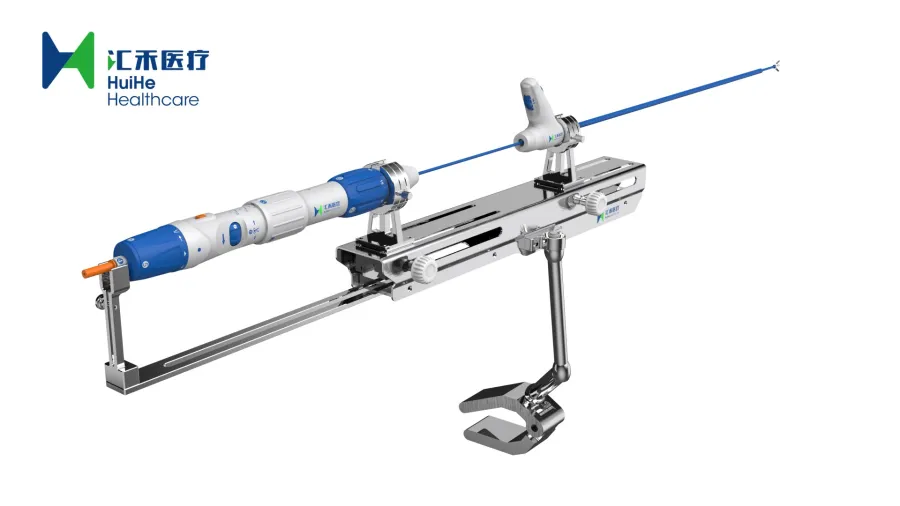
Huihe Healthcare (Asia Heart Innovation Inc) clinches Cardiology Product Innovation of the Year - China at Healthcare Asia Medtech Awards 2022
K-Clip only requires interventional access, which takes less than an hour to enter the heart from the bloodstream.
Huihe Healthcare has bagged the Cardiology Product Innovation of the Year - China at the Healthcare Asia Medtech Awards 2022 for its innovation designed as an interventional cardiology medical device for tricuspid valve regurgitation.
The device, named K-Clip, is well supported by innovative and unique features for assured performance by over 100 self-owned patents in countries such as US and China and has been well recognised by multiple innovative awards, and physician endorsement since 2019.
Meanwhile, tricuspid regurgitation is closely related to the ageing population. It is estimated that there were 213 million heart valve patients worldwide in 2019, resulting in 2.6 million deaths annually. Around 17% or 36.3 million of patients with valvular heart disease live in China, of which mitral valve regurgitation accounts for 29.2% and tricuspid regurgitation accounts for 25.1%.
With this, the market opportunity for such treatment has become significant as Frost & Sullivan’s data reported that the number of patients suffering from tricuspid regurgitation worldwide increased from 44.7 million in 2014 to 48.6 million in 2018, and is expected to increase further to 55.9 million by 2025. Despite high mortality rates, there is currently no widely applicable minimally invasive procedure.
K-Clip does not require surgery but interventional access, which takes less than an hour to enter the heart from the bloodstream. The treatment is less painful than existing treatments, avoids thoracotomy, is faster, and is more conducive, especially for quick recovery of the elderly.
The first successful Transcatheter Tricuspid Annulus repair using a K-Clip took place outside of China in December 2021. The treatment is a minimally invasive treatment of mitral and tricuspid valves designed to alleviate symptoms in elderly patients. The patient, an 84-years old female, was discharged on the second day after a comprehensive check and has now been recovering well.
Amongst the interventional therapy for tricuspid regurgitation, K-Clip has been holding a leading position in the annuloplasty field, compared with other products and has formulated its solid footprints into the global market with planned CE, US FDA trials.
The awards programme aims to recognise medtech companies that have risen above the hurdles brought by the COVID-19 pandemic, innovating breakthrough products, solutions and initiatives to better serve their customers whilst remaining steadfast during the crisis.

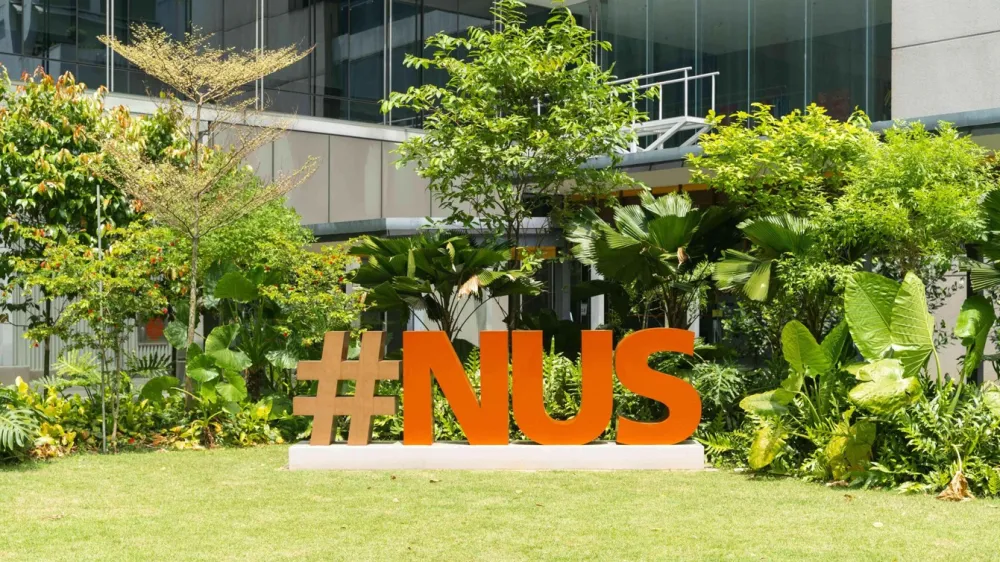
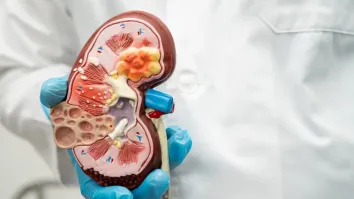
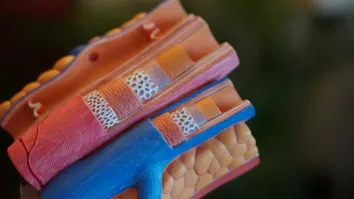

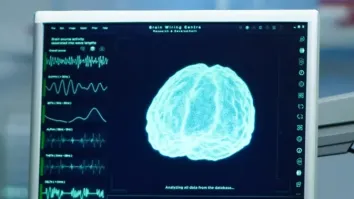













 Advertise
Advertise





